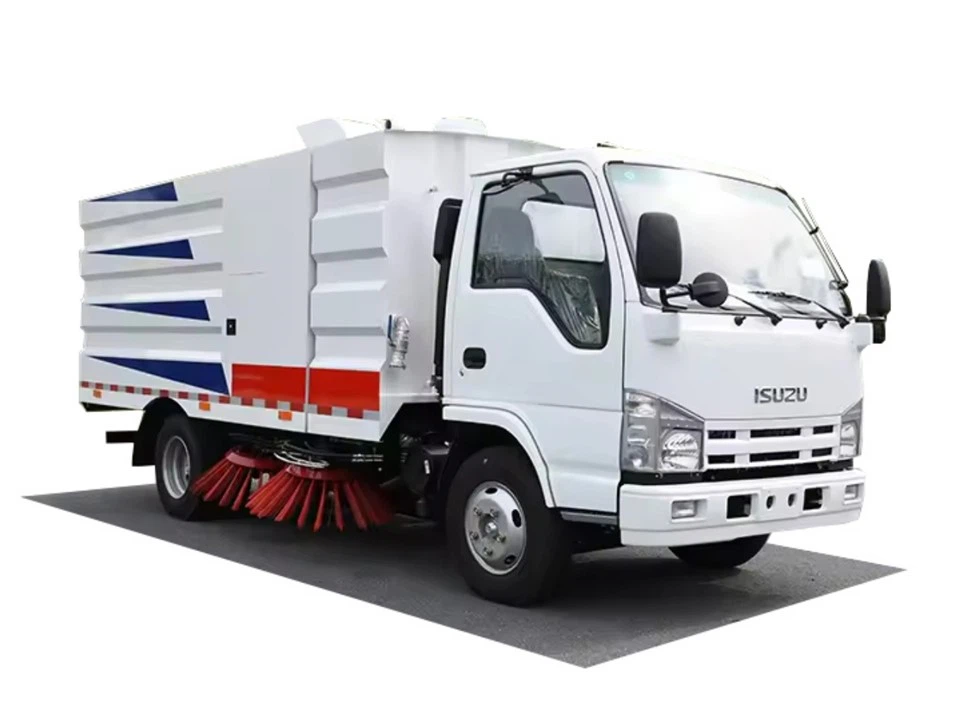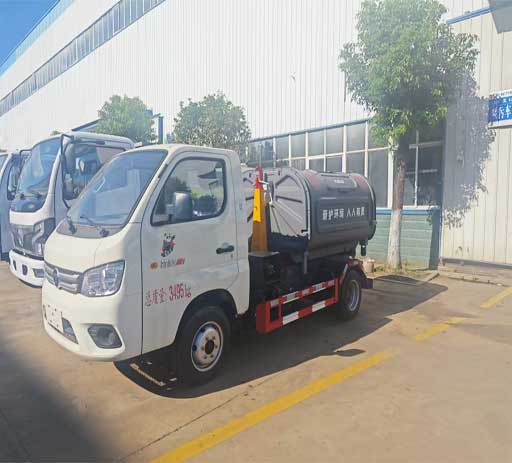What is an Extended Cab on a Truck? A Comprehensive Guide

Introduction
When it comes to choosing a pickup truck, one of the critical aspects to consider is the type of cabin configuration. Among the various options available, the extended cab has gained popularity among truck enthusiasts and everyday users alike. But what exactly is an extended cab on a truck? In this article, we will explore the concept of an extended cab, its benefits, features, and how it compares to other cabin types. Whether you’re looking for extra space for passengers or cargo, understanding the characteristics of an extended cab is essential in making an informed decision for your next truck purchase.
Understanding Extended Cab Trucks
Definition of an Extended Cab
An extended cab truck is a pickup truck with a larger cabin than a standard cab, providing additional seating and space behind the front seats. Typically, it includes two rear seats that can accommodate passengers or additional storage, making it a versatile choice for families, contractors, and anyone needing extra space.
Design Features of an Extended Cab
- Size: Extended cabs usually feature two full doors and two smaller rear doors, enhancing accessibility to the back seats.
- Interior Space: Extended cabs offer more legroom than standard cabs while maintaining a compact design.
- Storage Options: Many extended cabs have under-seat storage compartments or seat configurations that allow for additional cargo space.
Comparison of Cab Types
Standard Cab vs. Extended Cab
| Feature | Standard Cab | Extended Cab |
|---|---|---|
| Seating Capacity | 2-3 passengers | 4-5 passengers |
| Rear Doors | No rear doors | Smaller rear doors |
| Interior Space | Limited | More legroom and space |
| Use Case | Work trucks or small families | Families or those needing extra passenger space |
Extended Cab vs. Crew Cab
The main difference between an extended cab and a crew cab lies in the size and passenger capacity. While an extended cab typically accommodates four to five passengers, a crew cab is larger, with full-size back seats that comfortably seat three passengers. Here’s a quick comparison:
| Feature | Extended Cab | Crew Cab |
|---|---|---|
| Seating Capacity | 4-5 passengers | 5-6 passengers |
| Space for Cargo | Moderate | Limited due to larger cabin |
| Best Use Cases | Balanced for work and leisure | Family-friendly and spacious rides |
Advantages of Choosing an Extended Cab
Increased Passenger Capacity
One of the most significant benefits of an extended cab is the ability to carry additional passengers without having to move up to a more substantial vehicle like a crew cab. This feature allows families or groups of friends to travel comfortably, making it ideal for weekend getaways.
Versatility for Work and Leisure

The extended cab provides a balance between utility and comfort. With extra rear seating, it serves well for both work-related tasks — like transporting tools or supplies — and leisure activities, such as weekend camping trips.
Cargo Space Options
Unlike a standard cab, an extended cab offers more storage solutions. Many trucks have fold-up rear seats that can create more cargo space when needed. Additionally, some configurations offer additional under-seat storage, which can be beneficial to keep the cabin organized.
Cost-Effectiveness
When comparing prices, extended cabs tend to be more cost-effective than their crew cab counterparts due to slightly lower complexity in design and less material usage. This makes them an excellent choice for budget-conscious consumers looking for ample space.
Practical Examples of Extended Cab Trucks
Popular Models
Several well-known truck models offer extended cab configurations. Here are a few examples:

- Chevrolet Silverado: Available in both standard and extended cab options, the Silverado is known for its durability and comfort.
- Ford F-150: Known for its versatility, the F-150 offers an extended cab option that blends convenience and style.
- Dodge Ram 1500: Offers a spacious extended cab variant that is popular among both families and workers.
Tips for Choosing the Right Extended Cab
- Consider your usage: Think about how often you will use the extra space and what for. If you often have additional passengers, an extended cab may be beneficial.
- Test the space: When possible, sit inside the cab to get a feel for the legroom and comfort of the rear seats.
- Check for features: Look for models with useful features like under-seat storage or rear air conditioning vents for added comfort.
Maintenance Tips for Extended Cab Trucks
Regular Cleaning

To keep your extended cab looking its best, ensure that you clean not just the front but also the back seats. Vacuuming and using protectants can help maintain upholstery and minimize wear and tear.
Inspect Door Mechanisms
Check the functioning of rear door mechanisms regularly. Extended cab trucks have additional doors that may require lubrication or maintenance to function properly.
Check Tire and Brake Wear
As with any vehicle, ensuring that your tires and brakes are in good condition is crucial; extended cab configurations can add weight, potentially leading to faster wear.
Future Trends in Extended Cab Design
Innovative Features
As technology advances, many manufacturers are integrating more innovative features into extended cabs, from improved soundproofing to advanced infotainment systems, making these trucks even more desirable.
Eco-Friendly Options
With increasing demand for fuel efficiency and low-emission vehicles, future extended cab models may explore hybrid and electric systems, appealing to environmentally conscious buyers.
FAQ Section
What is the difference between an extended cab and a standard cab?
An extended cab has additional seating capacity and rear doors compared to a standard cab, which usually only accommodates two to three passengers with no back seating area.
Is an extended cab truck more expensive than a standard cab?
Generally, an extended cab will be more expensive than a standard cab due to its larger size and additional features, but it’s often less expensive than a crew cab.
Can I use an extended cab for towing?
Yes, you can use an extended cab truck for towing. Many models are designed with adequate towing capacities, so check the specifications for the truck you’re considering.
How many passengers can be seated in an extended cab?
Most extended cabs can seat four to five passengers comfortably, making them suitable for small families or groups.
Do extended cabs have good resale value?
Extended cab trucks tend to maintain good resale value due to their popularity and balance of functionality and comfort. However, market conditions and specific models can affect resale value.
Are extended cabs safe for children?
Yes, extended cabs are generally safe for children, but ensuring that they are properly secured in appropriate child safety seats is crucial for their safety while riding in the back seat.
